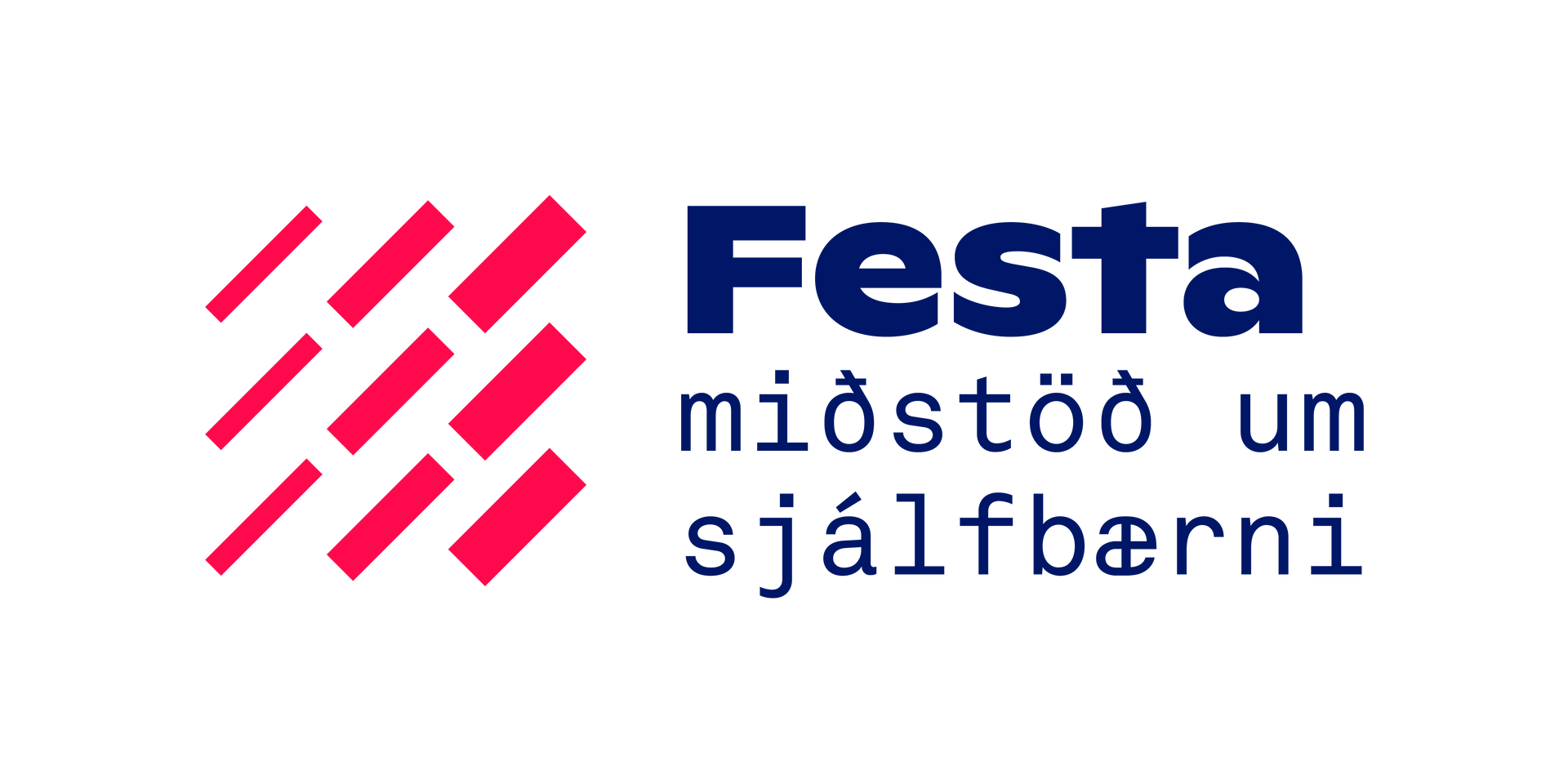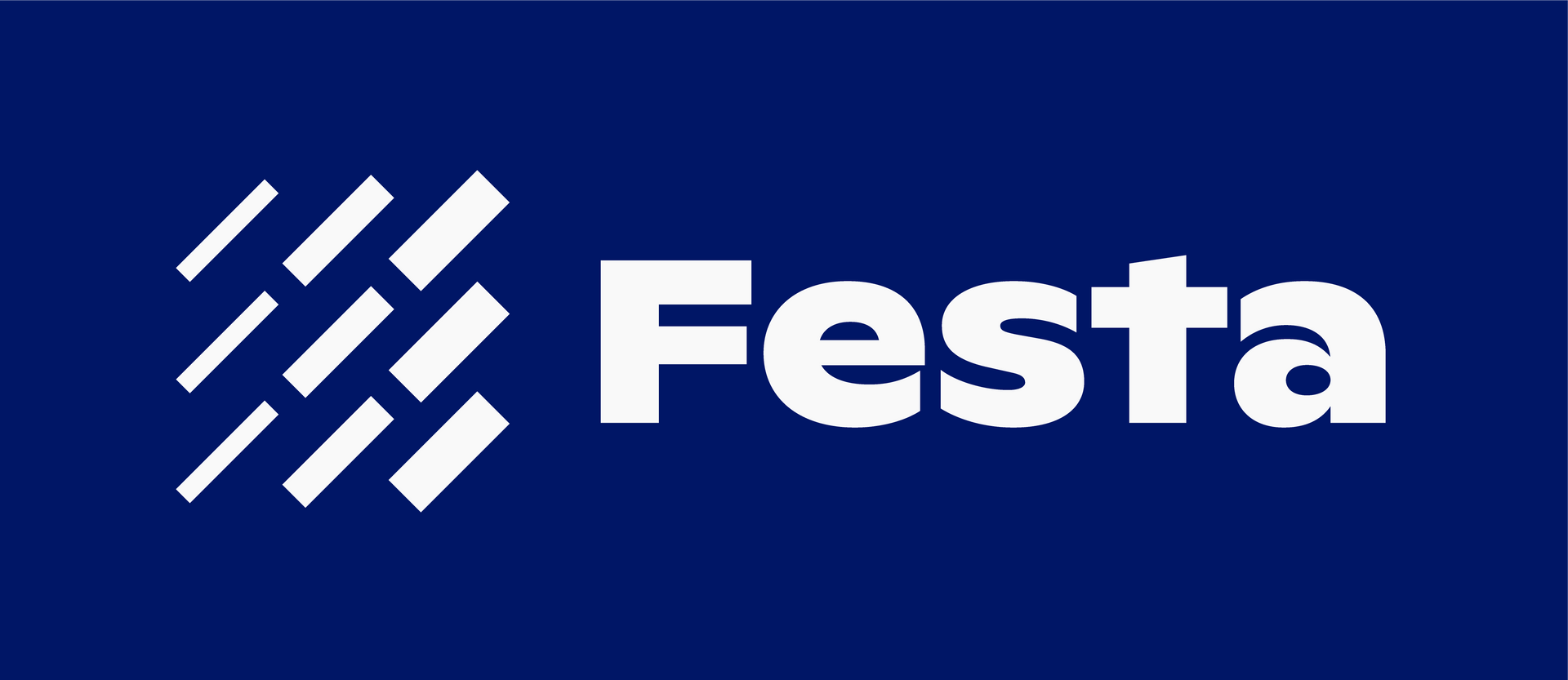Auratal: Hagnaður af sjálfbærni
Isavia Focus on sustainability is a profitable investment for the future
Targeted focus on social responsibility and sustainability is an investment for the future according to the management at Isavia. Sveinbjörn Indriðason, CEO, says such a journey is not a sprint but a long run. He believes that companies that prioritize sustainability will survive longer on the market than those that ignore it. In recent years, Isavia has received a lot of praise for its targeted and measurable strategy in social responsibility, but last year its social report was chosen as the best by the Icelandic Chamber of Commerce, Stórnvís and Festa - centers for social responsibility.
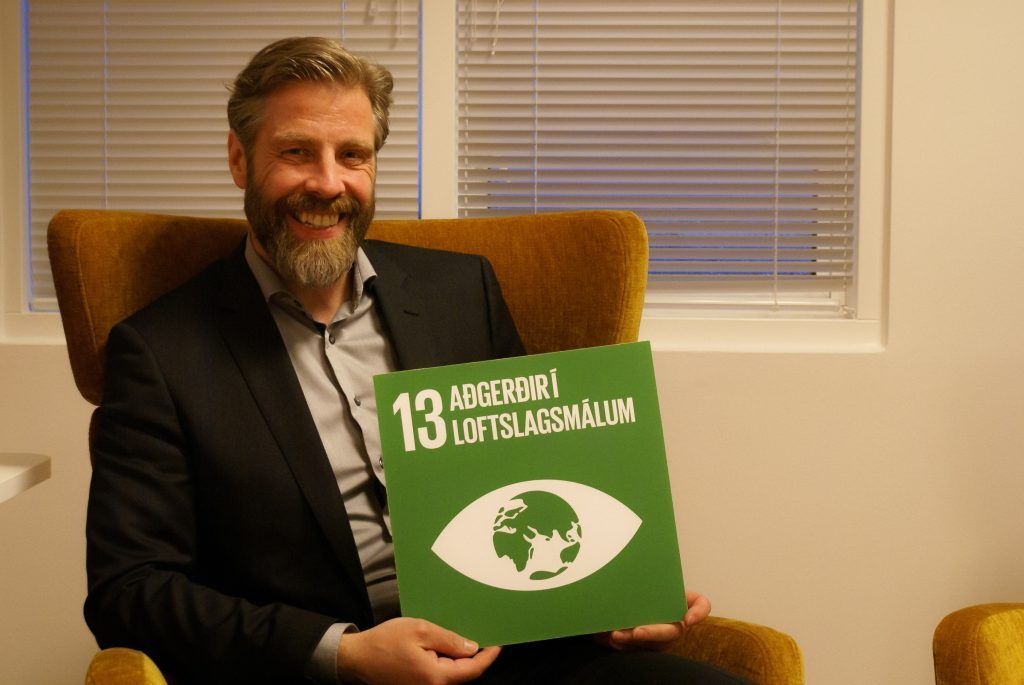
Sveinbjörn Indriðason, forstjóri Isavia
"Isavia's strategy in social responsibility states that the company must promote a balance between the economy, the environment and society with sustainability as a guiding principle," says Sveinbjörn. "We want to build a business that is sustainable in the long term, in cooperation and harmony with customers and other stakeholders, and we work towards a good working environment and the satisfaction of the company's staff. We set annual goals in the issue category and work systematically on improvements. We then publish information on the progress of social responsibility in accordance with the criteria of the GRI - Global Reporting Initiative and the UN Global Compact, of which we are members." The company also takes into account the United Nations' global goals in its goal setting, but special emphasis has been placed on the global goals of health and well-being (number 3), gender equality (number 5), responsible consumption and production (number 12), climate action (number 13) and cooperation on the goals (number 17).
Although it is not always obvious how the financial benefits of practicing social responsibility result, Sveinbjörn says that he feels that this increases the company's competitive advantage, customers' trust and enhances a good image. "Neither should we forget the importance of wanting to be a desirable workplace, and these priorities are part of that effort." However, he says that in his opinion, companies should not only look at financial benefits when formulating a strategy for social responsibility. "We are a large company and we are delivering financial results. At the same time, we are affecting our environment."
„Þannig að það má segja að með áherslu á sjálfbærni séum við að skila til samfélagsins því sem við höfum tekið til þess að skapa arð.“
Sveinbjörn clearly feels that society's demands on companies in Iceland are changing. "We feel that our business partners demand that we show social responsibility, and this is also something we want to do well ourselves. We understand very well our responsibility and the weights we can place on the scales are heavy, and this harmony in business operations with the environment and society will sooner rather than later influence our customers' decisions."
He says that all companies in Iceland should be able to work towards a positive operating result at the same time as they work for the public good - the two cannot be pitted against each other. "No company operates in a vacuum, we are all connected in some way and have influence and responsibility. Companies that do not define their stakeholders and address their needs and requirements quickly lose their competitive position. It's important to see the social projects we undertake today as a profitable investment for the future," says Sveinbjörn, who was managing director of the finance department at Isavia before he assumed the position of CEO. He says he admits that at first glance he saw CSR as a costly project with no obvious benefits. However, this changed when he learned about what responsible business practices really are.
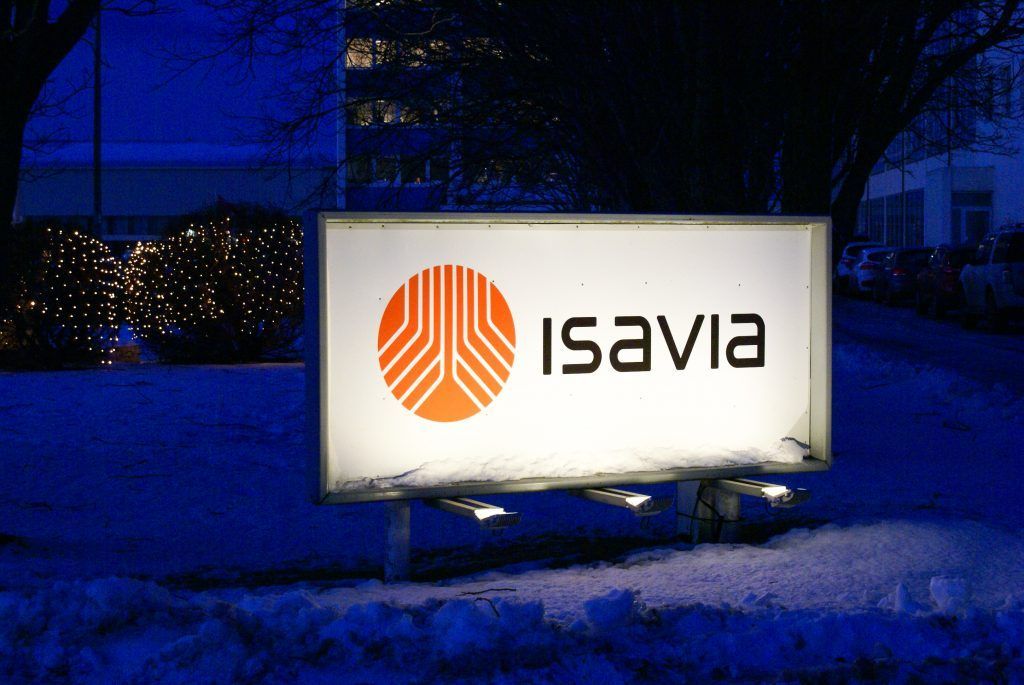
"All around us, we see different companies that are well run and return dividends to their owners at the same time as they contribute to society, and then I don't look at companies that only support the various causes, which is all good and blessed, but of the value creation that the company delivers to society. I have no doubt that CSR is important to good business. Apart from that, there is a requirement from investors, boards and credit institutions to take care of that part of the business."
„Ávinningur samfélagsábyrgðar er það mikill að hún á samleið með framtíðarsýn og þeim gildum sem hvert fyrirtæki stendur fyrir.“
Jafnframt hafa starfsmenn Isavia fundið fyrir því að með því að rýna vandlega í stöðu fyrirtækisins í samfélagi á hverju ári, greina áhættuþætti og skoða hvernig betur megi fara séu þau betur í stakk búin til að bregðast við breytingum og kröfum sem verða í ytra umhverfi fyrirtæksins. „Þannig koma meðal annars ný lög og reglugerðir, þarfir og kröfur viðskiptavina og hagaðila okkur ekki að óvörum.“
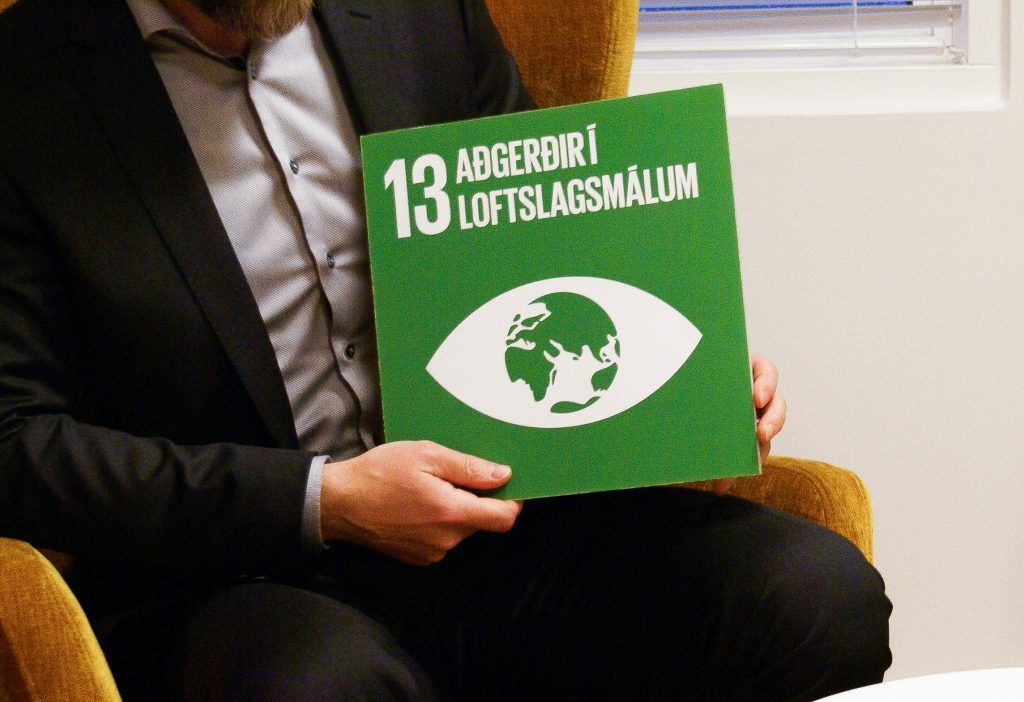
Isavia takes the global goals into account in its planning.
Aðspurður um hvernig fyrirtækið mæli fjárhagslegan ávinning af aðgerðum sínum segir hann aukna fjárhagslega arðsemi ekki vera lykilforsenda fyrir því að fyrirtækið ráðist í samfélagslega arðbær verkefni. „Eins og ég kom inn á áðan eru sum markmiðanna vel mælanleg með tilliti til fjárhagslegs ávinnings, eins og til dæmis minnkun eldsneytiskostnaðar eða magn úrgangs sem er losaður. Önnur atriði þarf að skoða í stærra samhengi og þá er mikilvægt að skilja meðal annars hvaða aðgerðir leiða til ákveðinnar niðurstöðu, með hvaða hætti sú niðurstaða næst og þá hvernig sú niðurstaða hefur áhrif á samfélagslega, umhverfislega og efnahagslega þætti. Að setja verðmiða á aðgerðir auðveldar vissulega allar ákvarðanir, en hinsvegar er oft erfiðara að meta aðgerðir sem tengjast félags- eða umhverfislegum atriðum til fjár.“
"It is very important that social responsibility is an integral part of every company's strategy and that responsibility for each part of it is defined at different levels of management. This has to be reflected in the company's decision-making every time," says Sveinbjörn.



